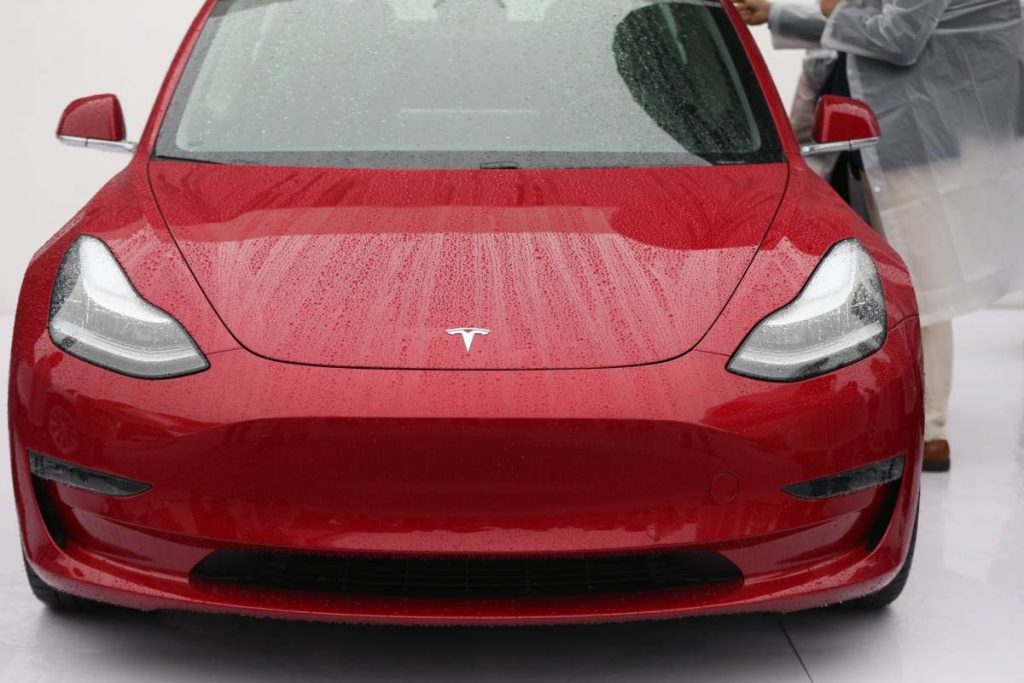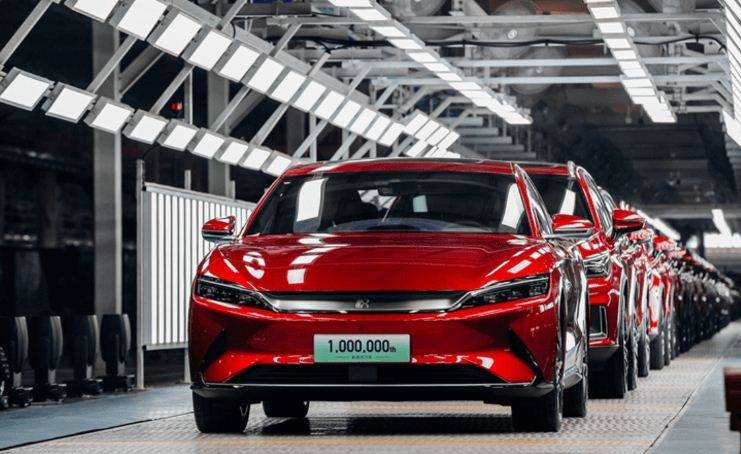BYD’s top three models — BYD Song, BYD Qin and BYD Han — contributed to over 56 per cent of the company’s sales during the quarter….reports Asian Lite News
China’s BYD Auto remained the global market leader, shipping more than 537,000 EV units — an increase of 197 per cent (on-year) — in the third quarter this year, leaving Elon Musk-run Tesla far behind globally.
On the other hand, Tesla’s global sales grew only 43 per cent YoY in Q3 2022 to over 343,000 units, according to Counterpoint Research.
“The smoothing production ramp in Tesla’s Berlin factory helped deliver a record number of Model Ys in Germany this quarter. However, deliveries fell short of expectations due to logistics bottlenecks,” the report mentioned.

BYD’s top three models — BYD Song, BYD Qin and BYD Han — contributed to over 56 per cent of the company’s sales during the quarter.
BYD’s overseas operations have been picking up fast as it sold almost 17,000 EV units across various regions including Europe, Latin America, Southeast Asia, Middle East and Africa, and Oceania in Q3.
“Among nations, China is dominating the global EV market single-handedly. Three of the top five best-selling EV brands are from China. All three brands operate predominantly in China, highlighting the China EV market’s positive evolution,” said senior analyst Soumen Mandal.
In India, BYD is targeting a sales of 15,000 units next year by launching a new model, increasing its distribution network and expanding production capacity if needed, according to a senior official.
Currently, the company rolls out e6 model a multi-purpose vehicle (MPV) and in a couple of days BYD India will be launching a new model Atto3 a sport utility vehicle (SUV).The company’s plant near Chennai has a capacity to roll out 10,000 units per year. BYD India is a wholly owned subsidiary of Warren Buffet’s Berkshire Hathaway funded Chinese company BYD Auto.
Meanwhile, global passenger electric vehicle (EV) sales grew 71 per cent YoY in Q3.
The top 10 EV models accounted for more than 35 per cent of global EV sales and Tesla’s Model Y remained the best-selling EV model.
“Currently, EVs account for more than 15 per cent of global passenger vehicle sales. EVs are becoming the preferred choice for first-time car buyers across developed regions,” said Research Vice President Peter Richardson.


